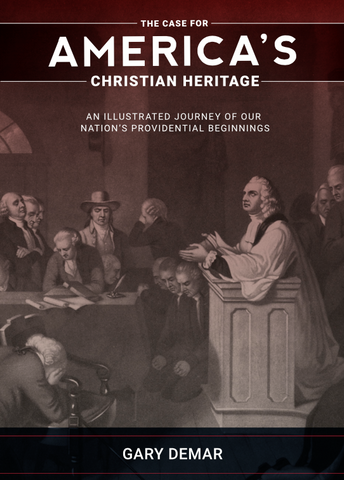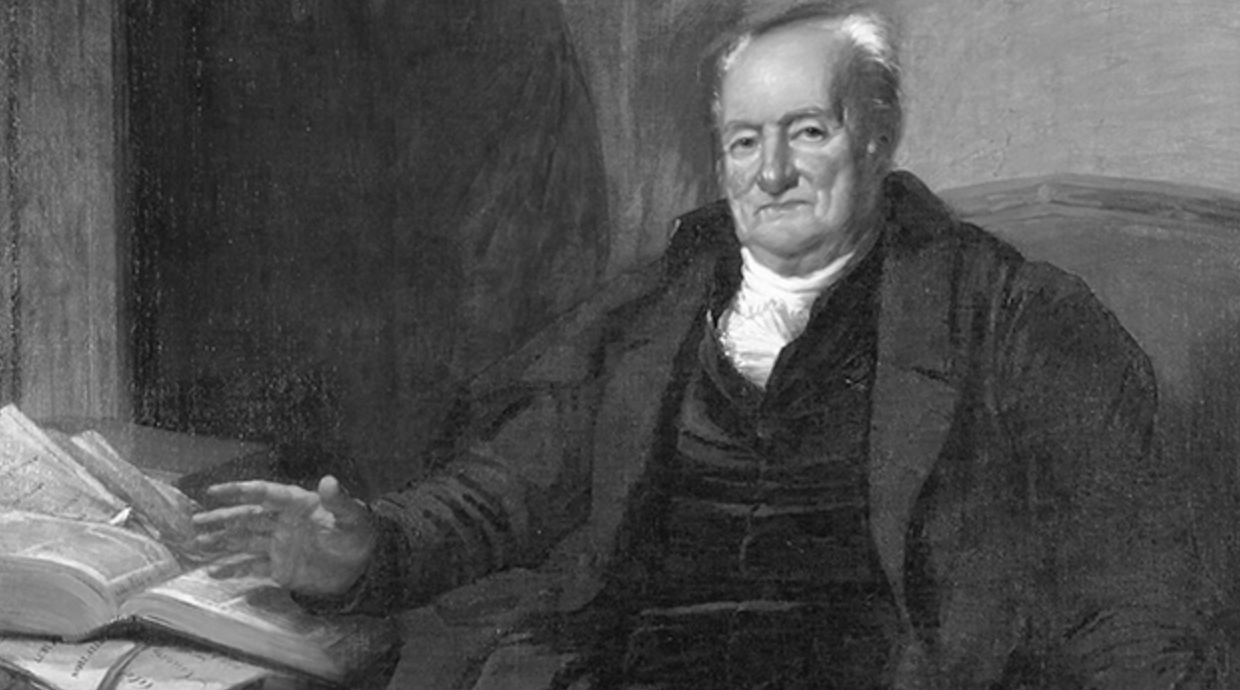Gary concludes his interview with Rick Welch from The Burros of Berea podcast
Elias Boudinot (1740-1821) was a lawyer who served three congressional terms representing New Jersey (1789-1795). He was a delegate to the Continental Congress, served as commissary general of prisoners at the request of George Washington, and presided as President of the Continental Congress from 1782 to 1783, making him the chief executive officer of the United States. Boudinot signed the Treaty of Paris in 1783 that ended the Revolutionary War, and while he did not participate directly in the drafting of the new Constitution in 1787, he “looked on approvingly at the events.” He, along with other representatives, witnessed George Washington take the presidential oath with his hand on an open Bible.
Boudinot helped design the Great Seal of the United States and served as Director of the United States Mint from 1795 until 1805. After his retirement from politics, he was a trustee of what is now Princeton University where he founded the natural history department. He was an early opponent of slavery. His oppostion led him to found the American Bible Society in 1816 where he served as its first president until his death in 1821.
Boudinot donated $10,000 to the ABS when an annual salary of $400 was considered respectable. What is often not known about Boudinot is that he wrote a lengthy response to Thomas Paine’s The Age of Reason titled The Age of Revelation, which was first written in pamphlet form to his daughter in 1795. In a letter to his daughter, Boudinot described his motives for his critique of Paine’s attack on the Bible:
I confess that I was much mortified to find the whole force of this vain man’s genius and art pointed at the youth of America…. This awful consequence created some alarm in my mind lest at any future day, you, my beloved child, might take up this plausible address of infidelity; and for want of an answer at hand to his subtle insinuations might suffer even a doubt of the truth, as it is in Jesus, to penetrate your mind…. I therefore determined … to put my thoughts on the subject of this pamphlet on paper for your edification and information, when I shall be no more. I chose to confine myself to the leading and essential facts of the Gospel which are contradicted or attempted to be turned into ridicule by this writer. I have endeavored to detect his falsehoods and misrepresentations and to show his extreme ignorance of the Divine Scriptures which he makes the subject of his animadversions [critical comments]—not knowing that “they are the power of God unto salvation, to every one that believeth” [Rom. 1:16].
While Paine’s Age of Reason gets a great deal of press from skeptics, misinformed separationists, and atheists of every stripe, almost no one mentions Boudinot’s response. One of the reasons for this omission is that historians have dismissed him as “one of the founders of American fundamentalism,” a movement that did not begin until around 1925. Paine is considered to be an American Founding Father, and yet, unlike Paine, Boudinot actually served in a high-ranking civil capacity in the United States serving as a delegate to the second meeting of the Second Continental Congress in 1778 and was elected from New Jersey to the United States House of Representatives. Paine’s only elective office was in France. Boudinot is a true American Founding Father. Paine had no role in the founding conventions of America or their documents.

The Case for America's Christian Heritage
Even some of our nation’s Founders who did not identify as Christians could not escape the impact the Bible had on our nation’s founding and the moral precepts that held the fledgling nation together. America’s Christian heritage is writ large in its state Constitutions, charters, laws, symbols, and repeated stated reliance on the overruling providence of God. The principles that were true and necessary centuries ago for building nations are equally true and necessary today.
Buy NowGary concludes his interview with Rick Welch from The Burros of Berea podcast. Rick read Gary’s book, The Case for America’s Christian Heritage, and wanted to talk about it and some of the interesting and important events and figures in American history. We can’t understand our current state until we understand where we have been as a nation. (Part Two of Two)

